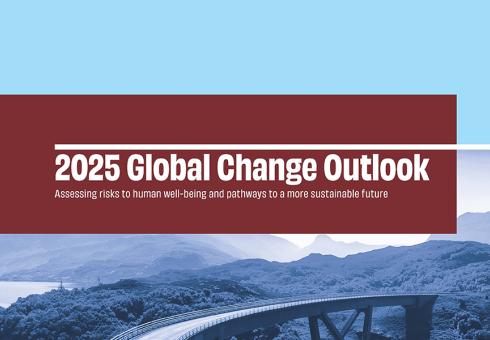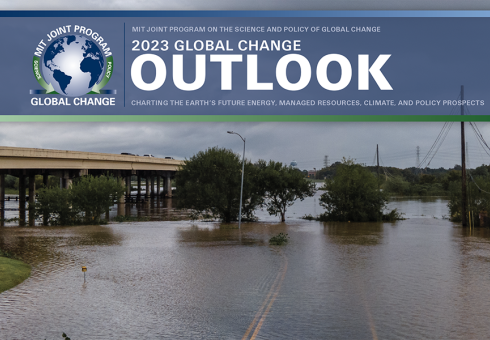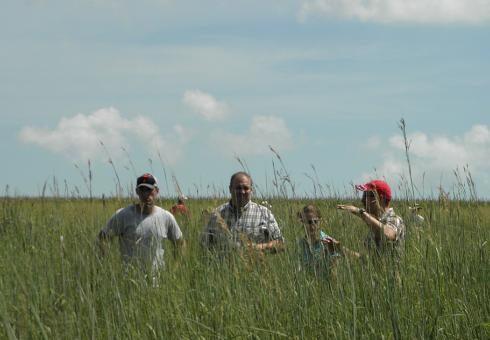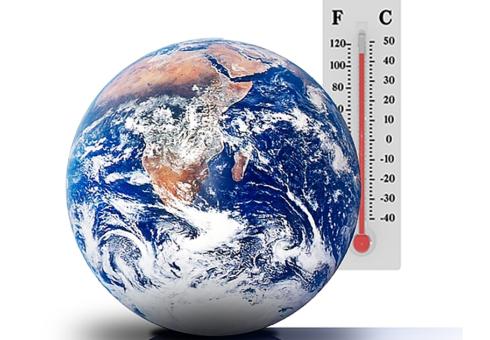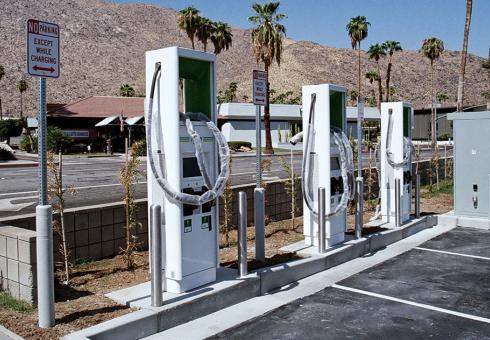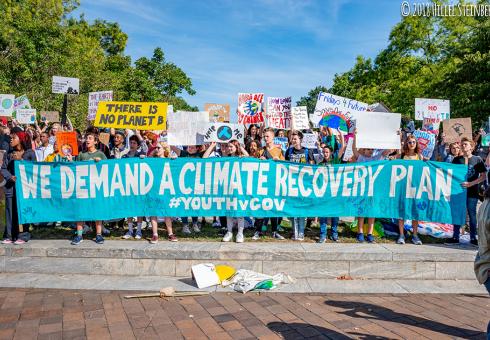New Global Change Outlook shows how accelerated action can reduce climate risks and improve sustainability outcomes, while highlighting potential geopolitical hurdles
News and Outreach: Andrei Sokolov
Temperatures will likely stop rising in a few years or decades—but it could take centuries for them to fall to the levels humans enjoyed before we started burning fossil fuels (MIT Climate Portal)
2023 Global Change Outlook quantifies benefits of policies that cap global warming at 1.5°C
MIT Joint Program presentations highlight multiple sustainability challenges and solutions
Study finds tradeoffs between policy costs and ensuring that global warming does not exceed 1.5°C
MIT Joint Program presentations showcase tools and pathways to assess and alleviate regional and global risk
Tripping the Earth's climate feedback loops could bring us rapid warming that would be hugely damaging in the near term. But over the longer term, our planet can regulate even truly gigantic changes to the atmosphere. (MIT Climate Portal)
Report cites MIT Joint Program study projecting significant water-supply risks by 2050 (Earth.org)
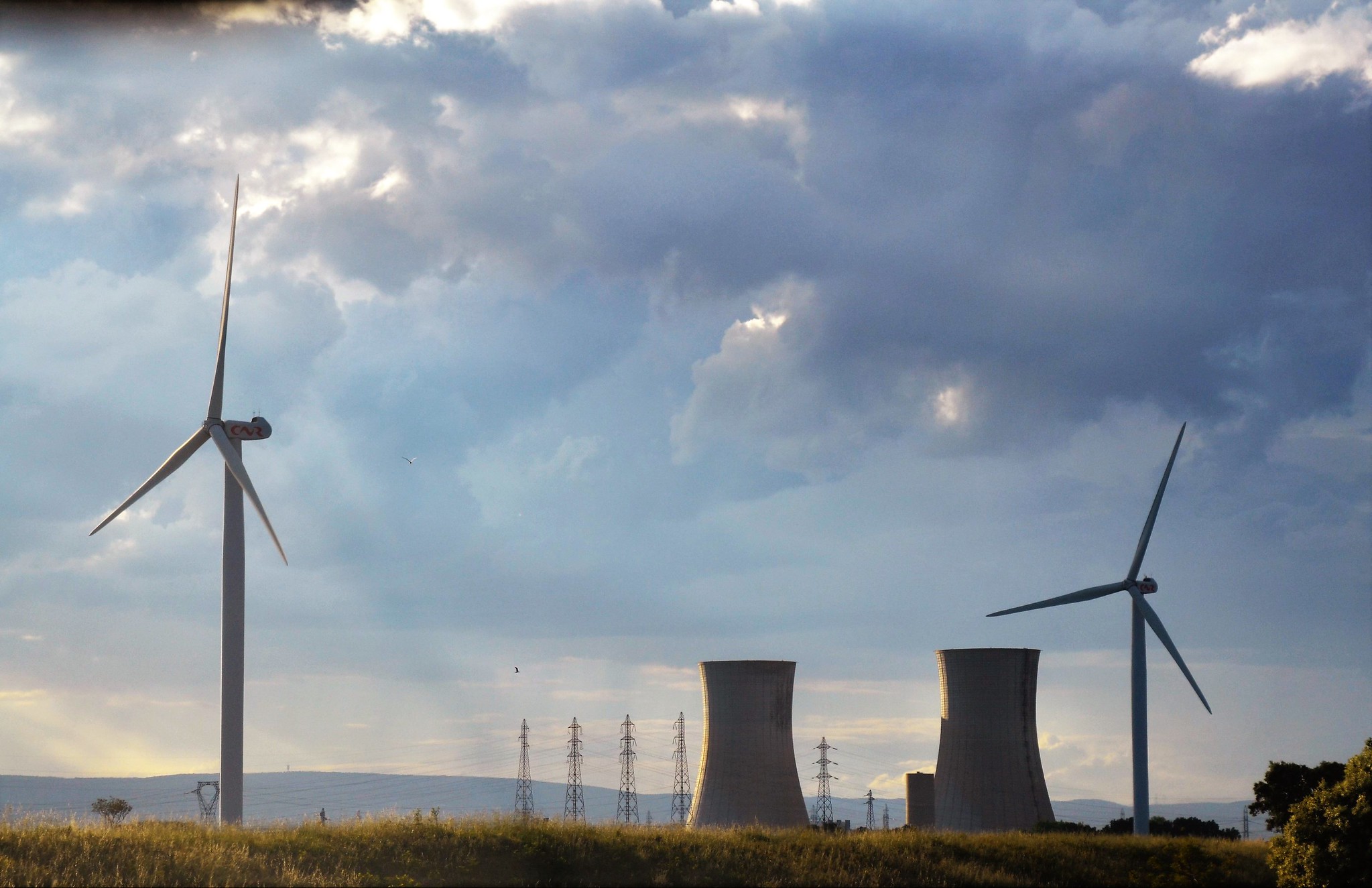
Uncertainty quantification of socio-economic outcomes can be combined with scenario discovery techniques to explore a full range of outcomes and provide insight into associated likelihoods while also identifying individual scenarios of interest.
New study reveals multiple pathways for a successful energy transition by 2050
Growing demand for an energy transition could move the needle, but not far enough
Study underscores need for aggressive climate mitigation and adaptation policies to prevent future ‘Day Zero’ droughts in dry, populated regions around the world

